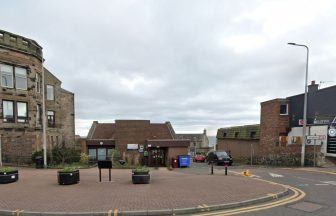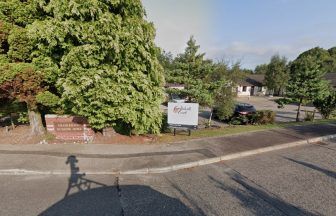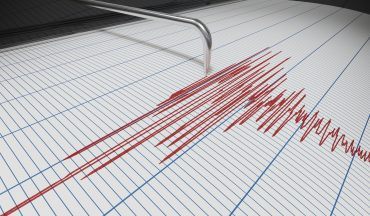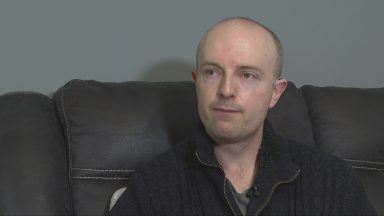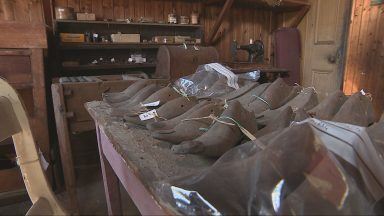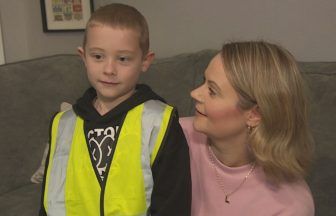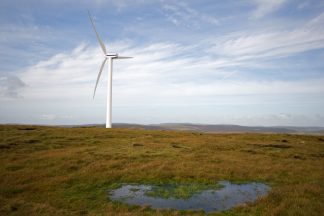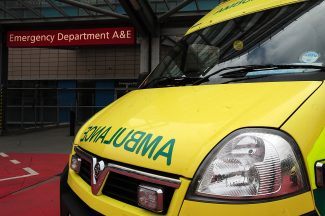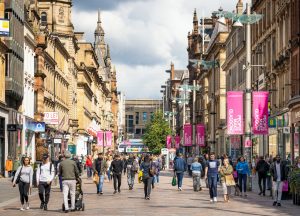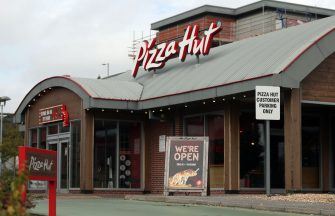More than two-fifths of households are having to cut spending on food and other essentials as a result of rising energy bills, research has found.
A third of households across Scotland are finding it difficult to afford their energy bills, the Scottish Climate Survey for 2024 revealed.
More than half (51%) of those who rent their home are struggling with the cost, the research found, along with 49% of those in households whose income is less than £26,000 a year and 46% of disabled people.
The research, published by the Scottish Government, added that 42% of households were “having to cut back spending on food and other essentials as a result of the need to spend more on energy bills”.
It noted that more than four-fifths (83%) of households have installed insulation in their properties, with loft insulation the most common.
However, the Scottish Climate Survey 2024 added that the use of “clean and renewable heating systems” was “uncommon.”
According to the report less 5% of households have a heat pump installed – with cost and a lack of interest said to be the main barriers given for not having such a system.
The same survey also found that while an “overwhelming majority” of households thought they were likely to be hit by storms, strong winds and heavy rain in the next five years, a smaller proportion had felt they were prepared for this.
So, while 94% of households believe they are likely to experience storms and strong winds, only 59% of households feel they are prepared for this.
Similarly, 92% of households thought they were likely to experience “extremely heavy rain”, but less than two thirds (64%) feel prepared for such weather.
Here, the report noted that “there was a gap between how likely households thought they were to experience storms and strong winds, extremely heavy rain, very low temperatures, snow and ice, and flooding, and how prepared they felt for these events”.
And while almost three quarters (72%) feel that climate change is” an immediate and urgent problem” the research also revealed that 13% believe it is “more of a problem for the future”.
In addition, less than half (44%) think that the transition to net zero will improve the quality of life by 2045 – while 11% think it will make things worse.
Acting climate action minister Alasdair Allan said: “If we are to persuade people to back climate action wholeheartedly, we must speak not only of the costs and challenges but also demonstrate clear and direct household and community benefits where possible.”
He added: “Whilst the powers over energy price setting and regulation are reserved, we continue to prioritise support for the most vulnerable households through access to long-term, sustainable measures with our energy efficiency programmes.
“We are also calling on the UK Government to introduce targeted energy bill discounts to support those who need it most.”
The minister stressed that “Scotland is now halfway to net zero and continues to be ahead of the UK as a whole in delivering long-term emissions reductions”.
However, he added: “In order to reach our target, we need to work together more effectively, at all levels of Government and beyond – and the findings from this survey help demonstrate that Scots not only understand the seriousness of the climate crisis, but want to see action.
“That’s why we will continue to drive climate action that is fair, ambitious and effective at addressing the scale of the emergency which faces us.”
Follow STV News on WhatsApp
Scan the QR code on your mobile device for all the latest news from around the country


 PA Media
PA Media

